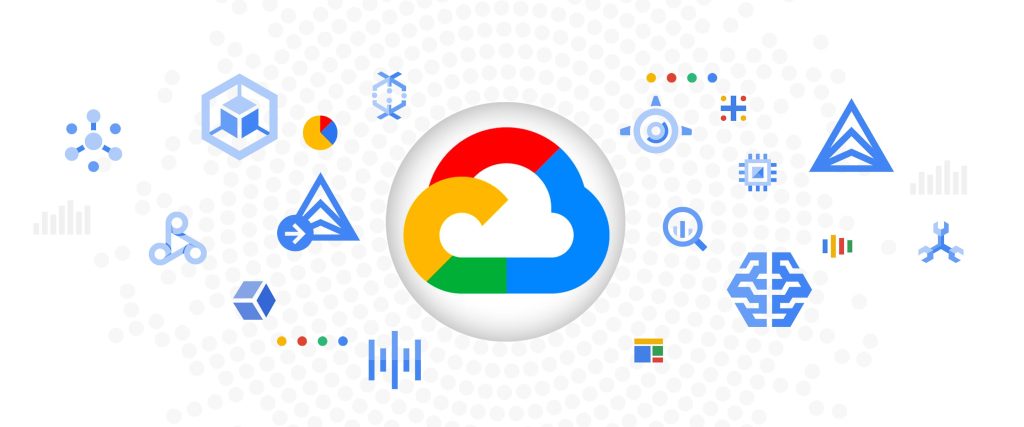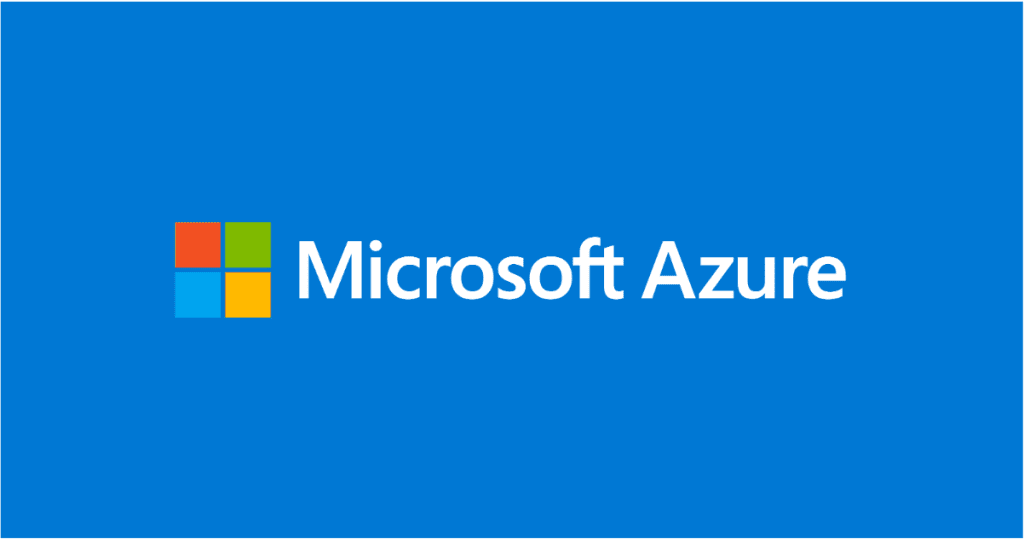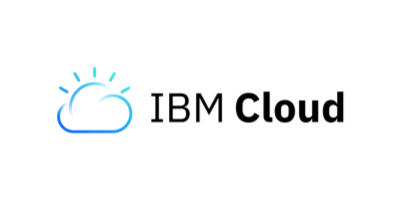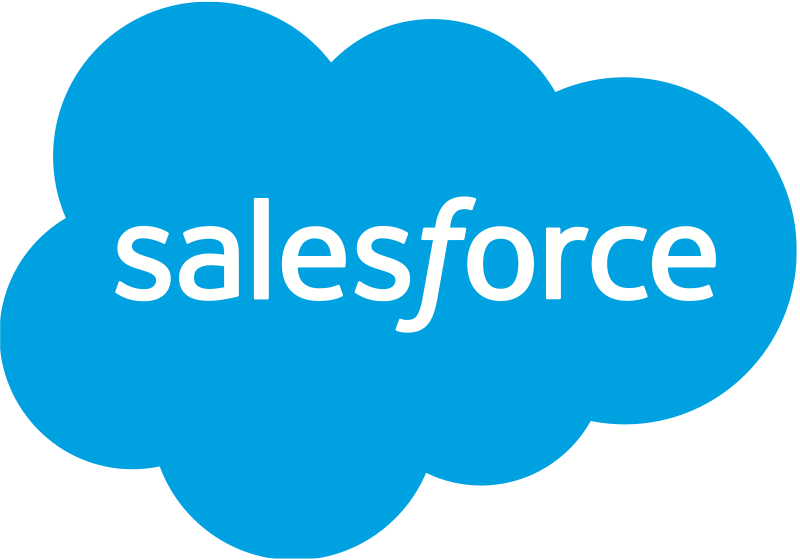Entering the Digital Future: The Rise of Cloud Computing
In the unfolding drama of the digital era, cloud computing is not just a rising star; it’s a force of nature, reshaping traditional business models. For those willing to harness its power, it’s a gateway to unimaginable possibilities.

The Core of the Cloud: Breaking Down the Basics
Unraveling the complexities of cloud computing is the first step in appreciating its revolutionary potential. Let’s take a moment to demystify this transformative technology, shedding light on its definition, evolution, and core components. At its simplest, cloud computing refers to the delivery of computing services over the internet, replacing the need for owning and maintaining your IT infrastructure.
The Shackles of the Past: The Limitations of Traditional Business Models
Despite their once unshakeable hold, traditional business models are now faced with an existential crisis. Bound by the chains of their own making, such as high costs of equipment, software, and geographical limitations, they’ve become a barrier to growth. Cloud computing, however, presents a transformative escape route. This cloud-infused future replaces upfront capital expenses with low operating costs, enables instant scalability, and allows for global reach.
Breaking the Mold: How Cloud Computing is Shaking Things Up
No longer content to remain a mere backdrop, cloud computing has stepped onto the stage and is changing the business game. It has disrupted the traditional IT infrastructure and stirred a revolution in the business world. It is creating a digital utopia where businesses thrive on agility, scalability, and innovation.
The Cloud Titans: A Close Look at the Top 5 Cloud Services
The journey to business transformation begins by picking the right allies. Here’s a deep dive into the top five digital products that are making waves in the world of cloud computing.

1. AWS (Amazon Web Services)
Amazon’s entry into the cloud services realm, AWS, has solidified its reputation as a game-changer. It offers a rich set of features designed to cater to the varying needs of businesses.
Features:
- Comprehensive toolset
- Robust scalability
- Flexible pricing
Pros:
- Diverse service range
- High scalability
- Large user community
Cons:
- Complex pricing
- Steep learning curve
- Requires technical expertise

2. Google Cloud Platform
The Google Cloud Platform (GCP) is another significant player in the cloud services arena. It leverages Google’s core competencies in AI and machine learning, providing powerful analytics and data management services.
Features:
- Extensive AI and ML tools
- Advanced analytics
- Cost-efficient storage
Pros:
- Excellent AI integration
- Competitive Pricing
- Seamless with other Google services
Cons:
- Less intuitive interface
- Smaller user community
- Limited advanced configurations

3. Microsoft Azure
As Microsoft’s flagship cloud offering, Azure brings seamless integration with other Microsoft products to the table, making it a go-to choice for businesses heavily invested in Microsoft’s ecosystem.
Features:
- Vast service range
- Excellent integration
- Robust security measures
Pros:
- Great for Microsoft users
- Wide range of solutions
- Strong enterprise focus
Cons:
- Complicated pricing structure
- Requires technical knowledge
- Limited open-source integration

4. IBM Cloud
IBM Cloud stands out with its hybrid cloud approach and a strong focus on enterprise solutions. Its rich industry expertise and broad service offerings make it a compelling choice for businesses looking for a mature and reliable cloud partner.
Features:
- Robust AI and ML tools
- Strong hybrid cloud capabilities
- Reliable security options
Pros:
- Powerful computing power
- High customization
- Excellent customer support
Cons:
- Inconsistent user interface
- Complex setup process
- Expensive for small businesses

5. Salesforce
Salesforce revolutionizes the Customer Relationship Management (CRM) landscape with its cloud-based CRM platform. It’s renowned for improving business relationships and interactions, offering a variety of applications for sales, service, marketing, and more.
Features:
- Extensive CRM tools
- AI-driven analytics
- Seamless app integration
Pros:
- Excellent CRM functionalities
- Intuitive user interface
- Strong third-party integration
Cons:
- Expensive pricing
- Overwhelming for beginners
- Customization requires coding skills
The Grand Table: Side-by-Side Comparison of the Top 5 Cloud Services
This table provides a quick overview of the five leading cloud services, comparing their key features, ideal user base, and main pros and cons.
| Cloud Service | Key Features | Ideal For | Pros | Cons |
|---|---|---|---|---|
| AWS | Broadest range of services, strong security features | Businesses of all sizes seeking extensive service options | Dominant market share, wide variety of services | Complexity, steep learning curve for new users |
| Azure | Seamless integration with other Microsoft products, hybrid cloud capabilities | Large enterprises, particularly those already using Microsoft software | Excellent for hybrid cloud strategies, great enterprise-level support | Less user-friendly |
| Google Cloud | Deep learning and machine learning capabilities, live migration of virtual machines | Data-driven businesses, startups | Competitive pricing, strong data analytics tools | Less market share, fewer services than AWS/Azure |
| IBM Cloud | Hybrid multi-cloud platform, strong AI and machine learning capabilities | Large businesses looking for hybrid cloud and AI capabilities | Robust AI and machine learning tools, strong security | User interface can be complex, less market share |
| Salesforce | SaaS model, advanced CRM capabilities, integration options | Businesses of all sizes seeking strong CRM and integration capabilities | Leader in CRM, extensive integration options | May be expensive for small businesses, can be complex |
Embracing the Revolution: Choosing the Right Cloud Service
Each of the top 5 cloud services has its unique offerings, be it AWS’s vast array of tools, Google Cloud’s mastery of AI and analytics, Azure’s seamless integration with Microsoft products, IBM’s rich industry expertise, or Salesforce’s unmatched CRM. Choosing the right cloud service is about understanding your business needs and aligning them with what each service has to offer.
Harnessing the Power of the Cloud
In the disruptive impact of cloud computing, businesses are not only discovering new ways to operate, innovate, and compete but are also finding the keys to unprecedented growth. So, it’s not a question of if you should embark on the cloud journey, but how quickly you can harness its power.
Looking Beyond the Horizon: The Cloud-Infused Future
It’s time for businesses to break free from the traditional chains and embrace the cloud-infused future. The digital storm of cloud computing is upon us – it’s time to ride the waves and seize the future!
FAQ Section
Q1: Why should I switch my business to cloud computing?
Embracing cloud computing gives your business the power to transcend geographical and infrastructural constraints. It offers flexibility, scalability, and cost-effectiveness. By switching to the cloud, you’re essentially future-proofing your operations. Cloud technology is agile and can evolve with your business needs.
Q2: Which cloud service is best for a small business?
Each cloud service has its unique strengths, and the best choice depends on your specific needs. If cost-effectiveness is your priority, Google Cloud offers cost-efficient storage solutions. If your business extensively uses Microsoft products, Microsoft Azure could be your perfect cloud partner.
Q3: How secure are cloud services?
Cloud service providers prioritize security and often have dedicated teams to maintain and update security protocols. They offer multi-layered security measures like encryption, firewalls, and intrusion detection systems. However, remember that security is a shared responsibility; you must follow best practices for data protection as well.
Q4: Can I switch between different cloud services?
Yes, you can. However, migrating from one cloud service to another can be complex and requires careful planning to avoid data loss or downtime. It’s advisable to have a professional handle the migration.
Q5: What happens if my chosen cloud service goes down?
Most cloud service providers guarantee high uptime in their Service Level Agreements (SLAs). In the rare case of downtime, they have disaster recovery and business continuity plans in place. Your data is usually redundantly stored in multiple locations to prevent complete loss.